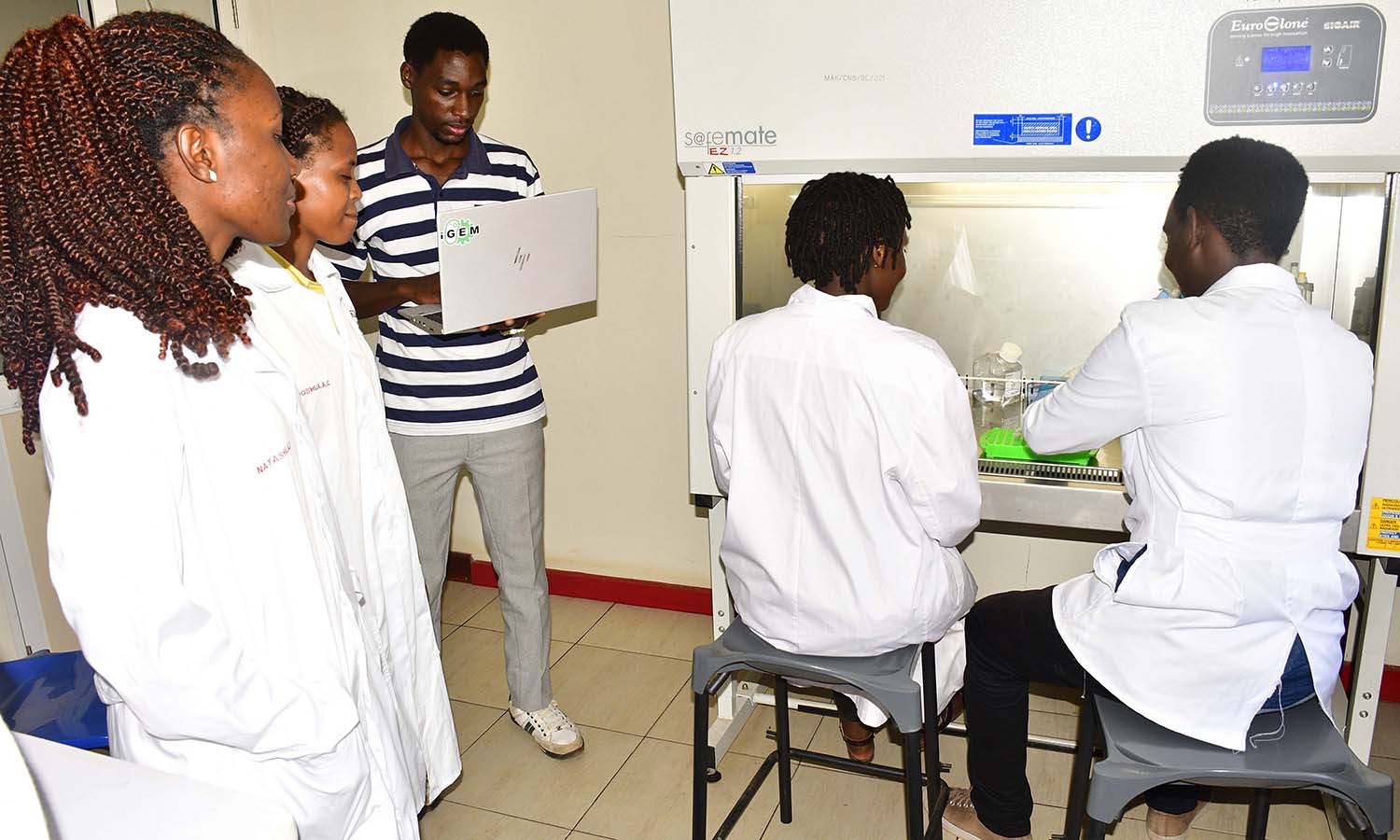
UNBS launches second regional food safety laboratory in Mbale City in 2022. The report indicates that UNBS lacks equipment to test for gas composition and radioactive materials in Uganda-made foods, beverages, and cosmetics. PHOTO | FILE
The Auditor General has raised questions about the technical capacity of the Uganda National Bureau of Standards (UNBS) to test for the presence of gas composition and existence of radioactive materials in Uganda-made foods, beverages and cosmetics.
The report for the period ending June 2023 reveals that UNBS’s laboratories do not have the required equipment to test for gas and radioactive materials, which are some of the known carcinogens. A carcinogen may be a substance in the air, a product that one uses or a chemical in foods and beverages that can lead to cancer.
“Laboratory tests conducted by UNBS for foods, beverages, and cosmetics were insufficient to comprehensively determine some safety and quality aspects of products such as gas composition and existence of radioactive materials,” the report reads in part.
The International Atomic Energy Agency associates a wide range of cancers with exposure to high degrees of radioactivity. Some of the cancers associated with radio activity, include leukaemia, breast cancer, cancer of the bladder, cancer of the colon, liver cancer, lung cancer, cancer of the oesophagus, ovarian cancer, multiple myeloma, and stomach cancer.
According to the World Health Organisation (WHO), radioactive contamination in food and water can result from discharges by industries that concentrate natural radionuclides and from civil or military nuclear operations. The degree of harm to human health depends on the type of radioactive isotopes, also known as radionuclides, present in the environment, in food and in water, and the length of time people are exposed to them.
“UNBS’ inadequacy stemmed from the lack of equipment required for conducting the various tests,” the report further reads.
Even before the Auditor General released the report, scientists at various ivory towers such as Makerere University empirically proved that most of the foods that are considered staple are contaminated with cancer-causing substances. At the top of their last of contaminants was aflatoxins found in locally grown items such as maize, groundnuts and cassava, from which maize flour, cassava flour and groundnuts’ paste are processed.
“[UNBS] food safety laboratories are internationally accredited. Test results from our labs are internationally recognised thus enabling Ugandan products to access global markets,” Ms Sylvia Kirabo, the head of public relations and marketing at the standards body, said in reaction to the Auditor General’s findings.
Ms Kirabo insists that UNBS laboratories are equipped with modern testing technology, including the gas chromatography mass spectrometer (GCMS); High performance liquid chromatography (HPLC) and; Liquid chromatography mass spectrometer (LCMS/MS).
Others are the induction coupled plasma (ICP-OES) and the gas chromatography (GC).
“That equipment is used for routine monitoring of safety and quality test parameters as per the commodity/product standards for the various foods, beverages and cosmetics,” she said.
Some of the things that they are used to detect, include residues of pesticides, heavy metals contaminants, Methanol content, veterinary drug residues, and Polyromantic HydroCarbons.
Others are polycyclic aromatic hydrocarbons (PAHs), polychlorinated biphenyls PCBs, Aflatoxins, Hydroquinone, Arsenic, Mercury and other microbiological pathogens and organic contaminants.
Additionally, she said, UNBS works with a number of other credible private laboratories to deliver on its mandate.
She, however, hastened to add that UNBS strives to continuously enhance its testing capacity in line with advancements in technology, further revealing that “the equipment for testing radioactive materials is among those on our procurement plan this year.”
“Enhancing UNBS’ testing capacity is a continuous process to address technology advancements and innovations. As such, the equipment for testing radioactive materials is among those on our procurement plan this year. Additionally, proposals for more equipment acquisition to further strengthen UNBS’s testing capacity have been shared with both government and development partners,” she told Sunday Monitor.
The standards body, she said, has since submitted its proposals to the government on what it needs to acquire in order to strengthen its testing capacity.
There are, however, concerns that while the country has been having a big discussion on dangers posed by aflatoxins, there has been very little talk about the threat posed by other chemicals used in the food chain.
Mr Moses Echwodu, the chairperson of the Uganda Child Cancer Foundation (UCCF), an organisation that provides support to children cancer patients and conducts cancer awareness campaigns in mostly schools, argued that there should be a discussion on the threat posed by preservatives.
“What are the standardised measures for the preservatives that are in use? UNBS should be telling us,” Mr Echwodu told this newspaper in a previous interview.








